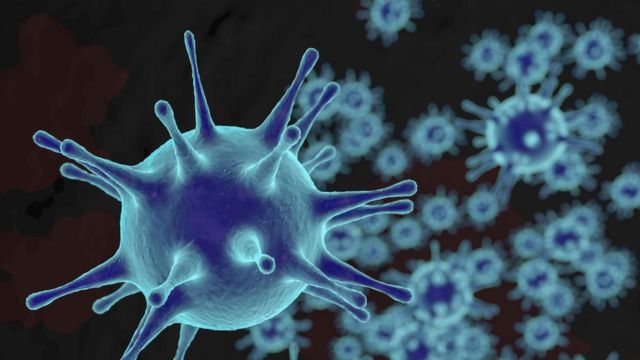The Black Death, also known as the Bubonic Plague, was one of the most devastating pandemics in human history, claiming millions of lives across Europe in the 14th century. However, a recent study has found that a gene that protected some individuals from the Black Death may have both beneficial and harmful effects in modern times. In this blog, we will discuss the findings of the study and the implications for our health today.
The gene in question is called CCR5-delta32, which provides a natural defense against the Black Death by preventing the bacteria responsible for the disease from entering and infecting immune cells. The study found that people who carry the CCR5-delta32 gene have a lower risk of developing severe forms of COVID-19, as the gene blocks the entry of the virus into immune cells. However, the same gene has been associated with a higher risk of other infectious diseases, such as West Nile virus, and autoimmune disorders such as multiple sclerosis and rheumatoid arthritis.
The researchers noted that the CCR5-delta32 gene may be an example of a “trade-off” in evolution, where a gene that provides protection against one disease may increase susceptibility to another. This trade-off can occur when a gene’s protective effects are more beneficial than the risks associated with the gene’s harmful effects. However, as we learn more about the complex interactions between genes and diseases, we can better understand how these trade-offs impact our health.
The study’s findings highlight the importance of genetic testing and personalized medicine, where treatments and prevention strategies are tailored to an individual’s unique genetic profile. Understanding the role of genes like CCR5-delta32 can inform medical decisions and help us identify individuals who may be at higher risk for certain diseases.
It’s also worth noting that genetic factors are only one piece of the puzzle when it comes to our health. Lifestyle factors such as diet, exercise, and stress management play a significant role in our overall well-being and disease risk. By making healthy lifestyle choices and staying informed about our genetic predispositions, we can take control of our health and reduce our risk of developing chronic diseases.
In conclusion, the CCR5-delta32 gene that provided protection against the Black Death may have both beneficial and harmful effects in modern times. While the gene may reduce the risk of severe COVID-19, it has been associated with a higher risk of other infectious diseases and autoimmune disorders. As we continue to uncover the complex interactions between genes and diseases, personalized medicine and genetic testing will become increasingly important in identifying at-risk individuals and tailoring treatments and prevention strategies.



